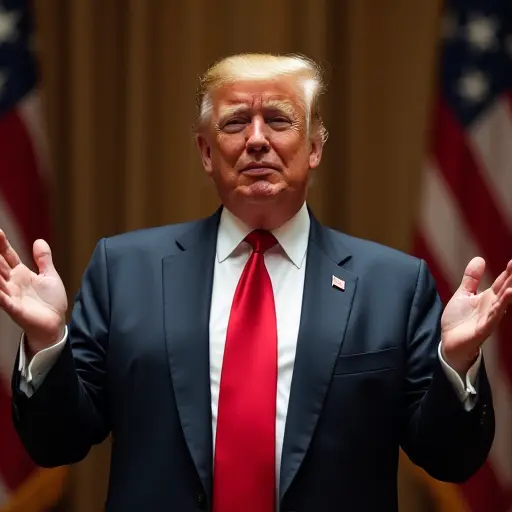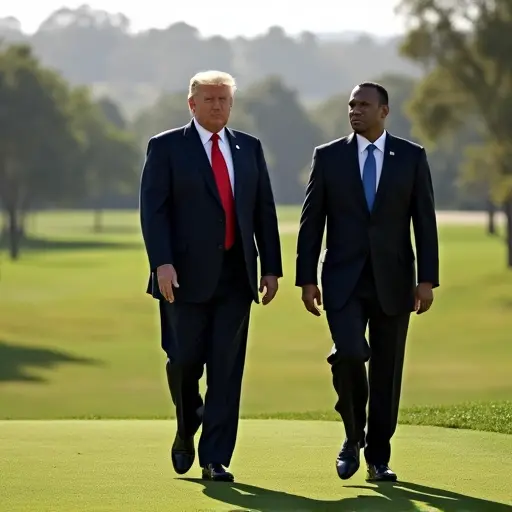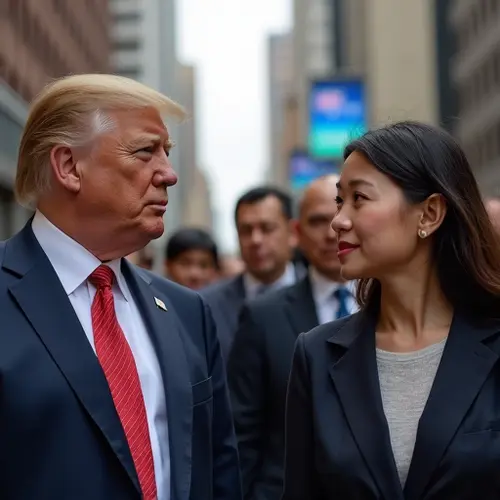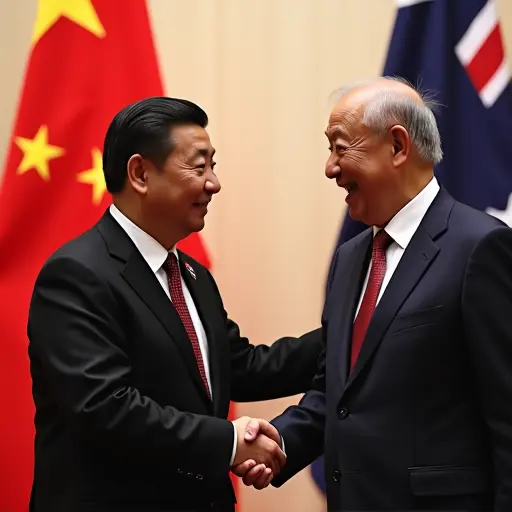
The Role of Gulf States in Backchannel Diplomacy
The escalating tensions between Israel and Iran have brought the Middle East to the brink of a full-scale regional war. Amidst this crisis, Gulf states are emerging as potential mediators, leveraging their unique diplomatic relationships with both nations to facilitate backchannel negotiations. These unofficial, behind-the-scenes efforts could be the key to averting a catastrophic conflict.
The Current Crisis
In June 2025, Israel launched a sustained bombing campaign targeting Iran’s nuclear infrastructure and oil facilities, prompting retaliatory missile strikes from Tehran. The conflict has raised fears of a broader regional war, with Gulf states particularly vulnerable to spillover effects. The Arab world, caught between its historical grievances with Iran and its recent normalization of ties with Israel, faces a delicate balancing act.
Backchannel Diplomacy: A Historical Perspective
Backchannel diplomacy, or Track II diplomacy, involves unofficial negotiations conducted by non-state actors or intermediaries. This method has been used successfully in past conflicts, such as the Oslo Accords between Israel and Palestine. Gulf states, including Saudi Arabia and the UAE, have previously facilitated such talks, offering a neutral ground for dialogue.
The Gulf States' Unique Position
Gulf nations maintain open lines of communication with both Israel and Iran, as well as the United States. Their economic and strategic interests in regional stability make them ideal mediators. For instance, Saudi Arabia’s Vision 2030 and the UAE’s economic diversification plans rely heavily on a peaceful Middle East. These countries are now pushing for a regionally led mediation initiative to de-escalate tensions.
Challenges and Opportunities
While the potential for success exists, significant hurdles remain. Israel’s hardline stance and Iran’s internal political dynamics complicate negotiations. However, the Gulf states’ ability to offer economic incentives and security guarantees could persuade both parties to consider a ceasefire.
The Path Forward
Experts suggest that a Gulf-brokered peace deal could include:
- A temporary halt to military strikes.
- Renewed nuclear negotiations.
- Economic cooperation agreements.
Such measures could pave the way for a more comprehensive peace framework, potentially involving the United States and other global powers.
Conclusion
The Gulf states’ backchannel diplomacy offers a glimmer of hope in an otherwise dire situation. While the road to peace is fraught with challenges, their efforts underscore the importance of regional actors in resolving conflicts. The world watches closely as these nations attempt to pull the Middle East back from the brink.

 Nederlands
Nederlands English
English Français
Français Deutsch
Deutsch Español
Español Português
Português








